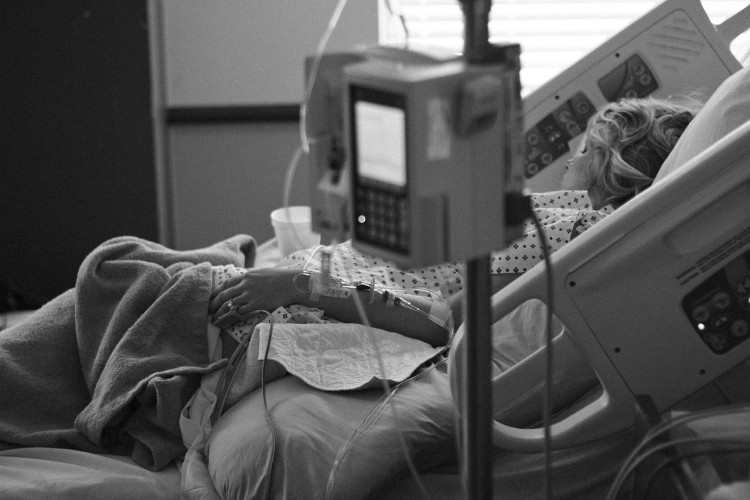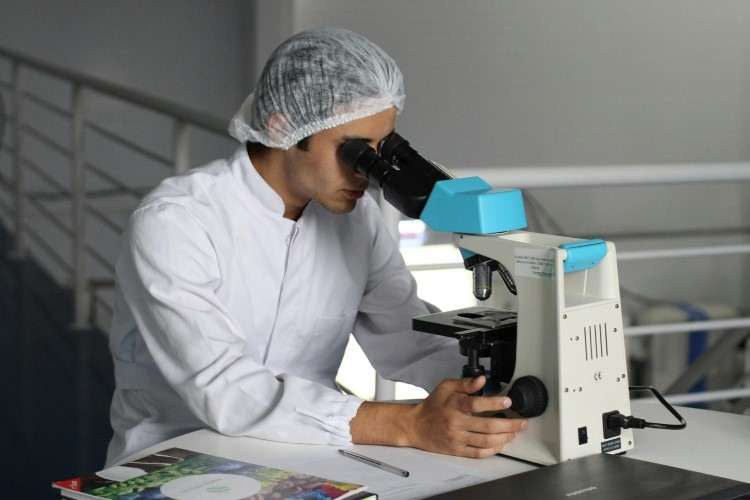- CONTACT US
- Self-care
- General Health

Many cold and flu medicines are symptomatic. Which you can understand as treating the symptoms. But is there any medicine that treats addresses the underlying cause?
Yes there are antivirals. This type of medicine can not only reduce the symptoms but also shorten the duration of the cold.
However as I said earlier colds are self-limiting diseases and not everyone needs antivirals. There are three groups of people — the elderly, children, and those with underlying medical conditions — who are in particular need of them. This is because these three groups are at a higher risk of serious complications and death after infection.
When Should Antivirals Be Used?
The sooner the diagnosis of a viral infection is made the better. Some studies of hospitalized flu patients have shown that starting antiviral treatment early in symptom progression gives the best results. Delayed initiation is still beneficial...
Antiviral treatment in the early stages of the flu within 48 hours of the onset of symptoms is associated with a 52% reduction in mortality and a substantial reduction in symptoms compared to treatment at a later stage.
Common antiviral medications include oral marboxilavir oseltamivir etc. However these are prescription medications so you should follow medical advice about which one to use and how much to use.
Can I Choose a Proprietary Chinese Medicine?
When it comes to antiviral therapy there are quite a few proprietary Chinese medicines can I have some at home? Yes you can.
Just in November 2023 Academician Zhong Nanshan led his team to publish recently published an article in Virology using a multicenter double-blind randomized controlled study to prove the effectiveness and safety of Lianhua Qingwen against the new coronavirus.
On the subject of treating colds the old ancestors left many ready-made formulas. And modern people have made many formulations based on ancient recipes. Although you can just pick any kind of cold medicine from Western medicine and take it. Chinese medicine is still a bit delicate. And you have to distinguish which kind of cold it is before taking it. Given that these proprietary Chinese medicines are over-the-counter and you can buy them yourself. I'll keep it simple.
Wind-cold cold the symptoms are especially like the common cold fear of cold; headache more in the forehead, temples; nasal congestion and clear rhinorrhea, cough productive white sputum; itchy throat; tongue pale red with thin white coating.
Therefore the treatment of wind-cold cold medicine to "acrid-warm exterior-resolving and lung-diffusing principles" is the main in short sweating.
And wind-heat cold symptoms are more like the flu. Mainly manifested as fever high fever generally 39–40°C not afraid of cold nasal congestion purulent nasal discharge, coughing purulent sputum, tongue red yellow greasy coating.
Therefore the drugs for wind-heat colds are generally based on heat-clearing and detoxifying.
I put the corresponding proprietary Chinese medicines for these two kinds of colds here for your reference.
Common medicines: wind-cold relieving granules jingpian granules, cold-dispelling granules, ganmao soft capsules, Zheng Chaihu drinking granules, shangfengting capsules, ganmao shufeng capsules, and so on.
Common medicines for wind-heat colds: Yin Qiao Jiedu Tablets wind-heat cold granules, Sang Ju cold granules, Sang Ju, and synthetic drug components contained in common proprietary Chinese formulas.
Finally can we take antibiotics?
No. Relevant guidelines at home and abroad unanimously recommend that the treatment of the common cold is based on symptomatic treatment. And if no secondary bacterial infection is seen. Antibiotics are not needed.
Theoretically most colds are caused by viruses. And the antibiotics we usually talk about such as cephalosporin penicillin and ofloxacin are all for bacteria and have no effect on viruses.
If you use too much not only is there no benefit. But it will also lead to gut dysbiosis. Lowering your immunity. And possibly cultivating antibiotic-resistant bacteria.
So if you don't see clear evidence of bacterial infection. You don't need to use antibacterial agents.
LATEST POSTS
 The health hazards of prolonged use of electronic products
The health hazards of prolonged use of electronic products Daily Steps for Health: How Much Walking?
Daily Steps for Health: How Much Walking? Clinic Case Study: Avoid Prolonged Sitting
Clinic Case Study: Avoid Prolonged Sitting The Science of Walking: Speed & Stance
The Science of Walking: Speed & Stance Lack of sleep emerges as a major trigger for heart disease
Lack of sleep emerges as a major trigger for heart disease Do We Truly Need Extra Mineral Supplements?
Do We Truly Need Extra Mineral Supplements? Diet, exercise, and stress management can also improve gut microbiota
Diet, exercise, and stress management can also improve gut microbiota How to Protect Your Family from Infectious Outbreaks in Fall and Winter?
How to Protect Your Family from Infectious Outbreaks in Fall and Winter? The Science Behind Ergonomic Chairs You Should Know
The Science Behind Ergonomic Chairs You Should Know













